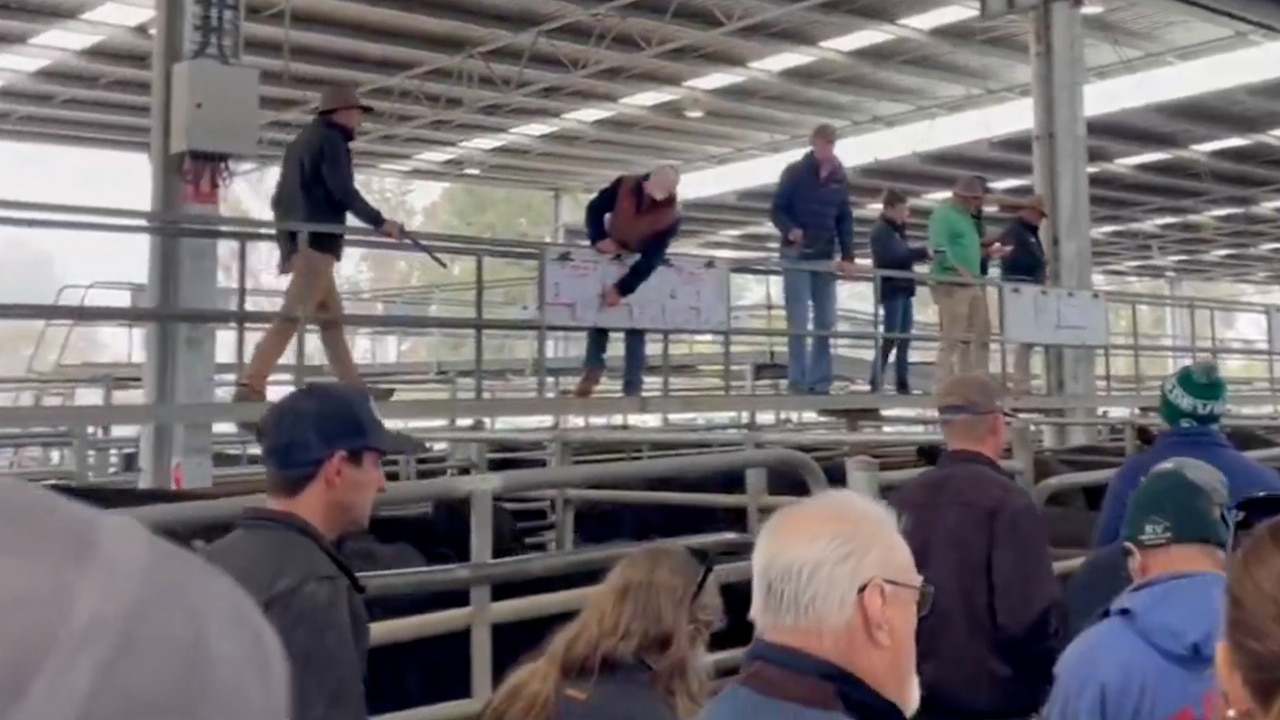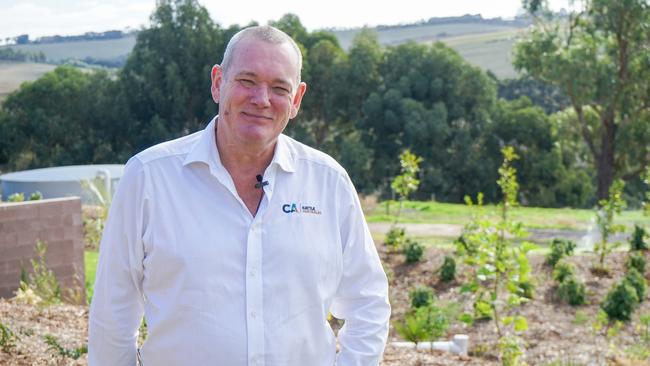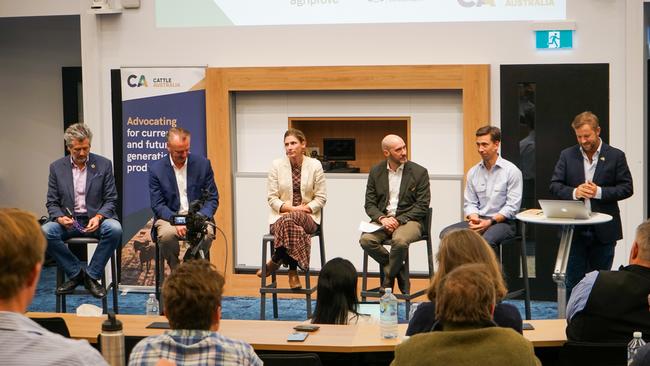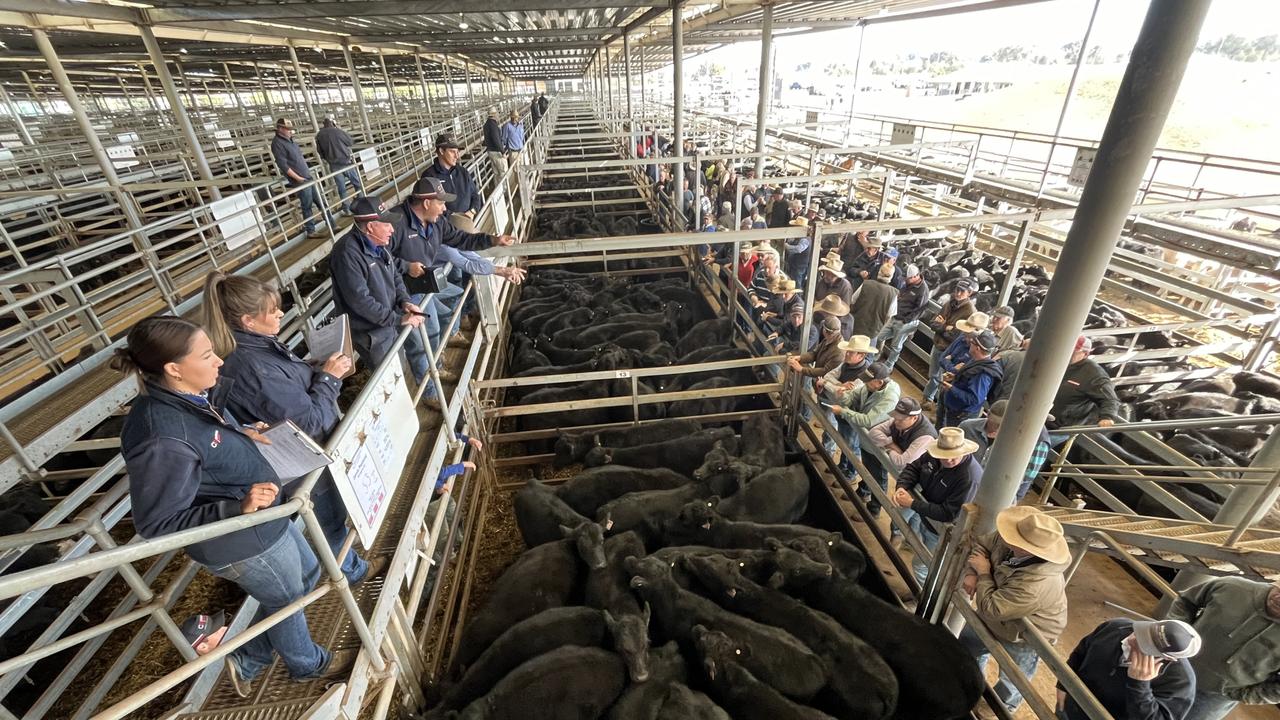Beef, dairy farmers put climate progress under the spotlight at Cattle Australia climate forum
Scientists, farmers, federal government workers and tertiary students spent the day discussing methane at length at Cattle Australia’s climate forum.

On-farm carbon technologies and information must be readily available for farmers to continue meeting global standards, the head of Australia’s peak cattle lobby says.
Cattle Australia chief executive Chris Parker said the industry must continue investigating biogenic methane cycles, which refers to cattle emitting methane being recycled into carbon through plants or soil.
“We’re not digging up coal, we’re not burning gas, we’re not putting new carbon in the atmosphere. It’s impossible for a cow to put a new carbon atom in the atmosphere,” Dr Parker told a Cattle Australia climate forum on Friday.
“Instead of focusing on emissions, we need to focus on the warming effect.
“We need the tools, and the science, and the ability to account for it appropriately to work out what our position is.”

Air quality specialist Frank Miltoehner believed other countries had increased consumption of meat, particularly developing countries, rather than pursue plant-based alternatives.
“The IPCC has estimated if you look at all global impacts of the livestock sector, 80 per cent occurs in developing countries, and 20 per cent in developed countries,” Dr Miltoehner said.
“I want farmers to understand that if you have a contribution, you need to understand what that is and if you work on it, you can be part of the solution.
“While it is in the form of methane, it’s a potent greenhouse gas and that is why we still care, whether it’s biogenic or not, we still care and we have to take it seriously.”

He said the oncoming challenge to 2050 was that the global population was expected to significantly increase, particularly in Africa and Asia.
“Globally the challenge is immense,” Dr Miltoehner said.
“Your immediate market is half of the world’s population (in southeast Asia).
“Throughout my lifetime, human population on this planet will have tripled. But the natural resources to feed these people would not have tripled, we would not have three times more land, water or fertiliser.”
Department of Agriculture, Fisheries and Forestry policy group deputy secretary Matt Lowe said Australia’s global reputation was important to maintain market access, and they followed the Intergovernmental Panel on Climate Change framework.
“From a government policy point of view we’ll be really laser-focused on making sure we have due regard to Australia’s international reputation,” he said.
Mr Lowe said they looked to work with farmers on an incentives-based perspective.
The forum on shaping markets and methane musings at Marcus Oldham College explored advocacy, recent research and development, global placing and industry opportunities. There were about 120 people in attendance, including second-year agricultural students.




